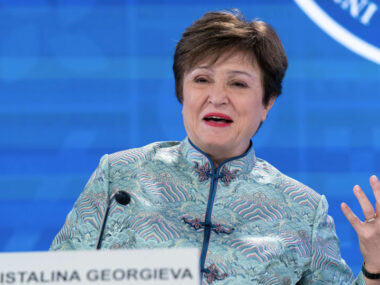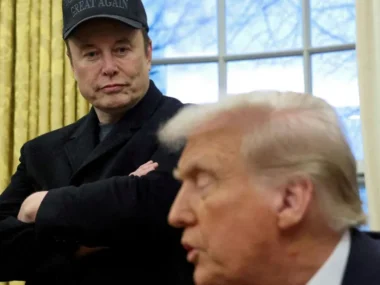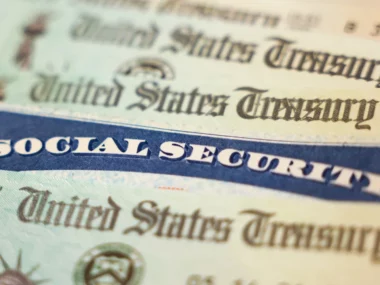US tariffs on imported goods could push Germany, Europe’s largest economy, into another recession, according to the president of Germany’s central bank.
Germany’s economy has contracted for two consecutive years, and with the impact of tariffs, the country “could expect a recession for this year” as well, Joachim Nagel, head of the Deutsche Bundesbank, told the BBC World Service in an exclusive interview.
Without tariffs, the bank predicts the German economy will stagnate but still see minimal growth of around 0.2%, he added.
Nagel argued that “there are only losers” when tariffs are imposed and backed the EU’s retaliatory measures against US President Donald Trump’s 25% tariff on all steel imports. While Trump sees tariffs as a means to strengthen US manufacturing and safeguard jobs, critics warn they will drive up costs for American consumers in the short term.
In response, the EU has introduced import taxes on various US goods, set to take effect on April 1.
Nagel criticized Trump’s tariff policy as “economics from the past” and “definitely not a good idea.”
He warned that tariffs and countermeasures could escalate into a global trade war but said the EU had no choice but to respond. “If something is working against you, you can’t accept a policy like this,” he stated.
However, he suggested that once the US recognizes that the highest costs will fall on American businesses and consumers, there may be room for a different resolution.
“I hope that in the end, good policy will succeed,” he said. Germany’s export-driven economy has long been a strength, with its automotive brands such as BMW, Mercedes, Volkswagen, and Audi being highly popular in the US.
Nagel rejected the notion that Germany is the “sick man of Europe,” emphasizing its “strong economic foundation” and “resilient small and medium-sized enterprises.”
“But when you rely on an export-driven model, you become more vulnerable when tariffs rise, and uncertainties increase,” he noted.
He expressed confidence that Germany could navigate these challenges “over the next couple of years.”
Meanwhile, German consumers are expected to face higher prices.
Dirk Jandura, head of Germany’s BGA federation of wholesale, foreign trade, and services, cautioned that Germans might have to pay more for American products like orange juice, bourbon, and peanut butter in supermarkets.
‘Tectonic changes’
Commenting on Germany’s recent shift in economic policy, which permits increased borrowing for defense and infrastructure, Mr. Nagel described it as an “extraordinary measure” for an “extraordinary time.”
“The world is undergoing seismic changes, making the current landscape unlike any in the past, which justifies this fiscal adjustment,” he stated.
He further noted that the policy shift would give Germany financial flexibility for recovery in the coming years, emphasizing that it also serves as a “stability signal to the market.”











